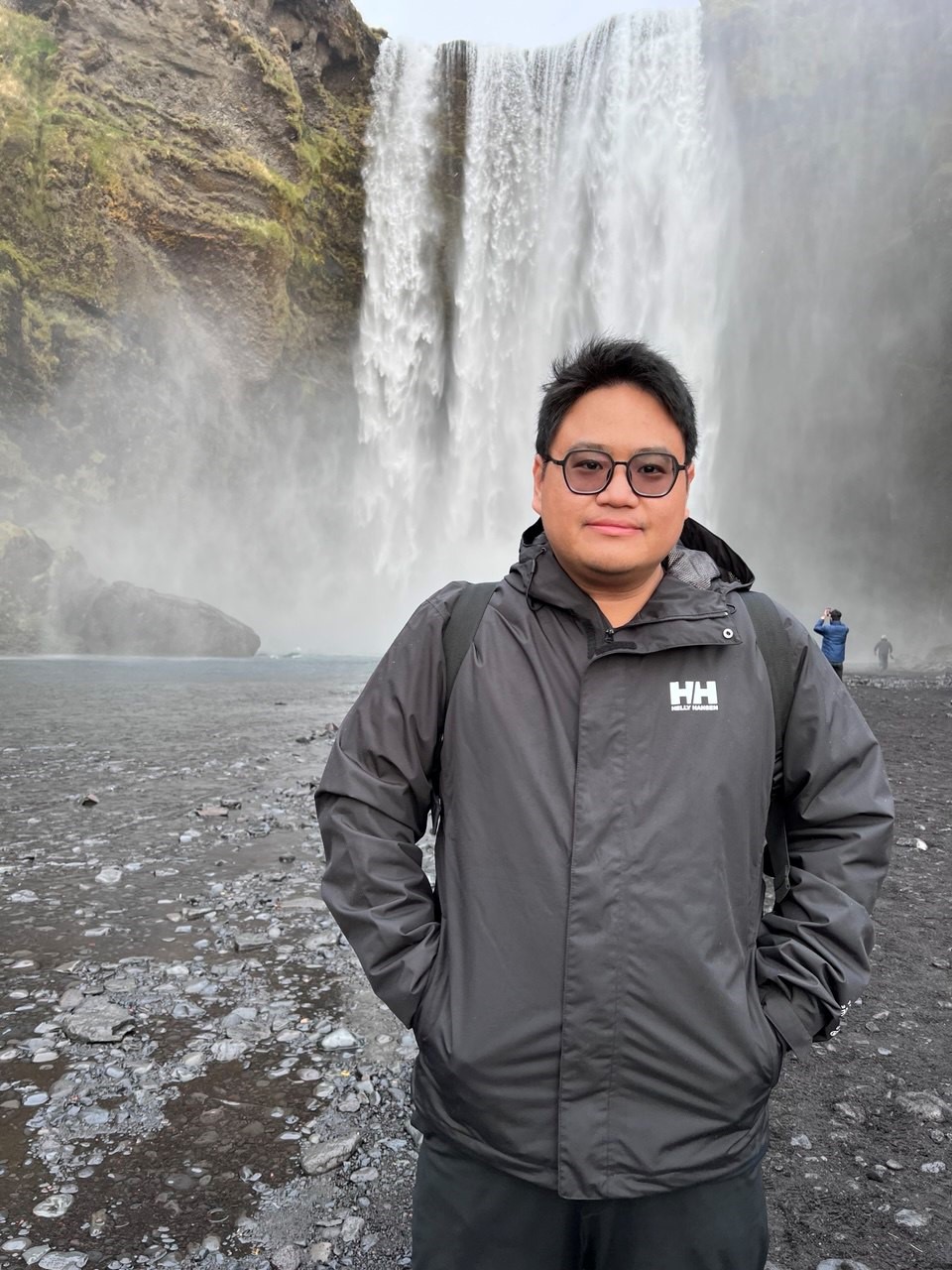What is a day like for you in CCCS?
No two days are quite the same in our Fair Trading Practices Division, which is what makes this role so engaging. One morning, I might be conducting an interview with a company director about their business practices, while the afternoon could find me collaborating with colleagues on public outreach initiatives to help businesses and consumers better understand their rights and share best practices.
The dynamic nature of our work means I need to wear multiple hats – from investigator to educator. Whether it involves analysing evidence of unfair trading practices, meeting with stakeholders to address consumer protection concerns, or participating in public education campaigns, each day brings new challenges and opportunities to make a real difference in ensuring fair trading practices in Singapore.
What motivates you to come to work every day?
What gets me out of bed every morning is knowing that our work directly impacts the lives of Singapore consumers. There's a real sense of purpose in protecting consumers from unfair practices.
It’s particularly rewarding to see a case through to completion as it validates the months of detailed work that our division puts in. There’s a particular sense of achievement when we see our cases featured in the media, knowing that this publicity not only informs the public about their rights under Fair Trading Laws in Singapore, but also serves as a deterrent to other businesses. While the Fair Trading Division aims to protect consumers from deceptive marketing practices, it is also gratifying to keep in mind that we also exist to protect the majority of honest businesses in Singapore from unfair competition in the marketplace.
What is the most memorable case that you have done in CCCS?
One of the most memorable cases I’ve worked on involved a company that made false and misleading claims about the quality of Singapore’s tap water. What made this case significant was how it touched on public health concerns and potentially undermined public confidence in our national water supply system.
The case highlighted the importance of consumer vigilance by concerned individuals with the technical know-how to highlight factual inaccuracies within their domain of expertise.
If you have to give advice to a new recruit, what would it be?
Keep an open and curious mind. Don’t be afraid to ask questions. Tap on the experience of senior officers who have years of experience handling complex cases. It’s normal to get bogged down by legal interpretations and seemingly simple procedural matters but asking the right question at the right time will not only help you grow professionally but may prove to be a powerful investigative tool that brings you that much closer to closing a case.

